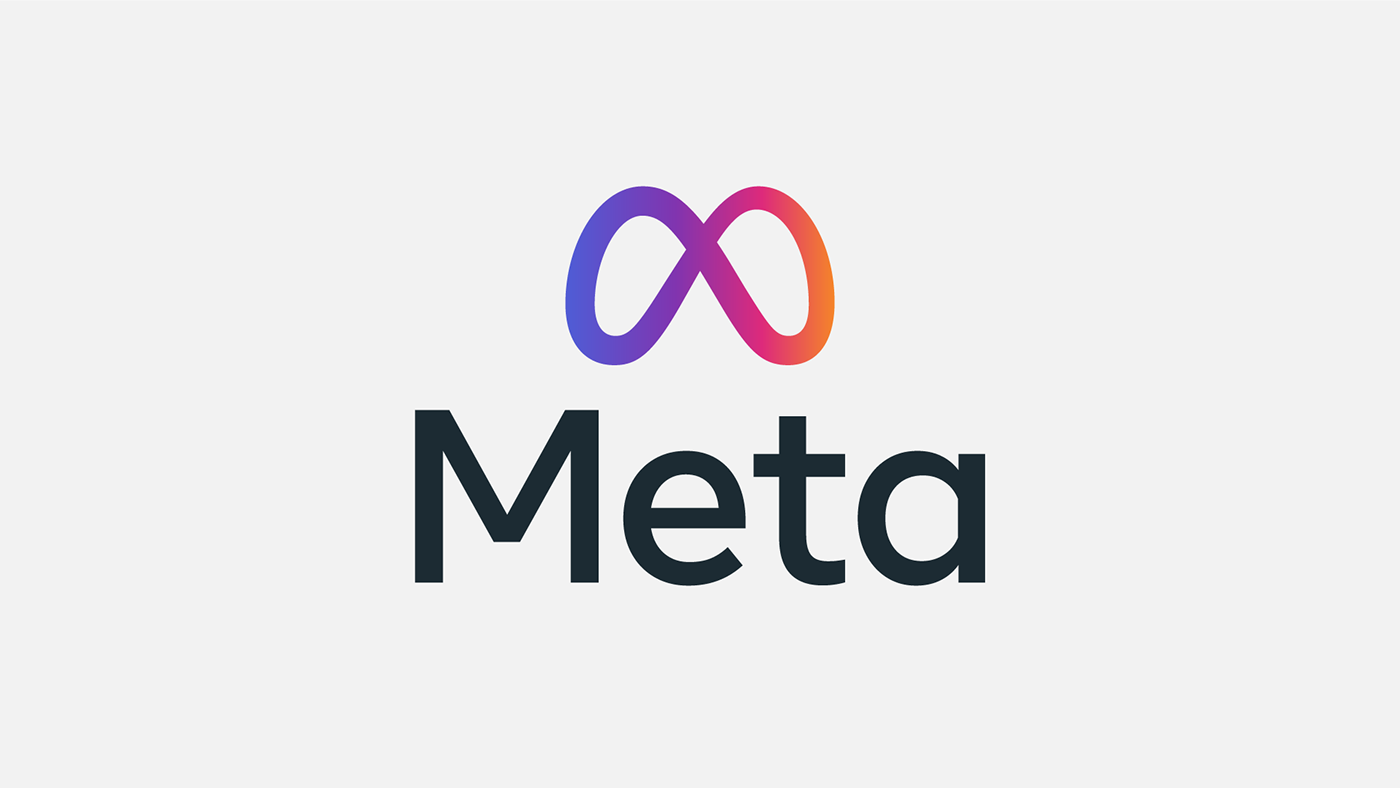Meta’s AI Challenge the Core Values of Social Media: Understanding the Latest Controversy:
In recent months, Meta’s rollout of AI bots across its platforms has ignited discussions about the fundamental values of social media. While these bots are designed to enhance user experience, they also raise concerns about authenticity, engagement, and the nature of human interaction online. As Meta positions itself as a leader in AI innovation, it’s crucial to examine how these developments might counteract the core principles that have traditionally defined social media. This article explores the implications of AI bots on social interaction, user engagement, and the future landscape of digital communication.
Table of Contents
The Rise of Meta’s AI Bots in Social Media
Meta’s introduction of AI bots is part of a broader trend in the digital landscape, where artificial intelligence is increasingly used to interact with users, automate tasks, and provide information. These bots are capable of engaging in conversations, answering questions, and even generating content. Here are a few key aspects of this trend:
- Enhanced User Interaction: AI bots are designed to improve interaction by providing immediate responses to user inquiries, thereby creating a more seamless experience.
- Content Generation: These bots can generate posts, comments, and responses, which can help keep content flowing on platforms like Facebook and Instagram.
- 24/7 Availability: Unlike human moderators and customer service representatives, AI bots are available around the clock, ensuring that users can receive support or engagement at any time.
While these features may appear beneficial, they also present challenges that threaten the very essence of social media.
The Core Values of Social Media
Social media was initially built on the principles of connection, authenticity, and community. Here’s how these values manifest:
- Human Interaction: At its heart, social media thrives on human connection. Users engage with real people, share experiences, and form relationships based on genuine interactions.
- Authenticity: Users value authentic content that reflects real-life experiences and emotions. Authenticity fosters trust and loyalty among users, essential components of a healthy social media ecosystem.
- Community Building: Social media platforms have long been seen as spaces for communities to gather around shared interests, ideas, and values. These communities are often driven by real interactions and mutual support.
The introduction of AI bots poses a direct challenge to these core values, potentially altering how users interact and perceive content.
Authenticity vs. Automation
One of the most significant concerns surrounding Meta’s AI bots is the potential erosion of authenticity in online interactions. Here are several ways this may manifest:
- Impersonal Engagement: AI bots lack the emotional intelligence and empathy that human interactions provide. When users engage with bots rather than real people, the conversation becomes less personal and meaningful.
- Manipulation of Content: Bots can generate posts that mimic human writing, leading to questions about the authenticity of the content. Users may struggle to discern what is genuinely created by people versus what is automated, eroding trust in the platform.
- Dilution of Genuine Expression: As bots produce more content, the unique voices of individuals may be overshadowed. Users might feel pressured to compete with AI-generated content, potentially stifling authentic self-expression.
- Feedback Loop of Artificiality: The more AI bots dominate interactions, the more they influence user behavior, leading to a feedback loop where real human interactions become increasingly rare.
User Engagement: Quality vs. Quantity
While AI bots may increase the volume of interactions on social media, they often sacrifice quality for quantity. Here’s how this impacts user engagement:
- Shallow Interactions: Conversations with bots are typically less nuanced than those with humans. This can lead to shallow engagement where users do not feel heard or understood.
- User Disillusionment: As users become aware of the prevalence of bots, they may become disillusioned with the platforms, feeling that genuine connections are becoming harder to find.
- Reduced Community Feel: The sense of belonging that comes from engaging with real individuals may diminish as bots take over conversations, leading to a less vibrant community.
- Influence on Algorithms: AI-generated content can skew algorithms, promoting less meaningful interactions. This could lead to a prioritization of quantity over quality, further eroding the value of social media.
Privacy and Ethical Concerns
The implementation of AI bots also raises critical privacy and ethical issues:
- Data Usage: AI bots rely on data to function effectively, often drawing from user interactions to improve responses. This raises concerns about how user data is collected, stored, and used, potentially infringing on privacy rights.
- Transparency: Users may not always be aware that they are interacting with a bot. Lack of transparency can lead to mistrust and a feeling of manipulation, further undermining the user experience.
- Bias and Misrepresentation: AI bots are trained on vast datasets, which can inadvertently incorporate biases. This could result in the dissemination of biased or inaccurate information, further complicating the landscape of social media.
- Ethical Use of AI: The ethical implications of using AI in social media are vast. As platforms like Meta continue to innovate, they must grapple with the responsibilities that come with deploying AI technologies.
The Future of Social Media in an AI-Driven World
As Meta continues to integrate AI bots into its platforms, the future of social media may take several potential directions:
- Reimagined Interaction Models: Platforms may need to rethink how they facilitate interactions, possibly creating spaces where human connection is prioritized over automation.
- Hybrid Engagement Approaches: Combining AI technology with human oversight may provide a balanced approach, allowing for efficiency while maintaining authenticity.
- Community-Centric Features: Emphasizing community-building tools that promote real interactions could help counterbalance the effects of AI-driven content.
- Regulatory Frameworks: As concerns about privacy, data usage, and ethical implications grow, there may be increased calls for regulatory frameworks to govern the use of AI in social media.
- User Education: Educating users about the presence and role of AI bots can help foster a more informed user base, promoting critical thinking about the content they engage with.
Conclusion
Meta’s introduction of Meta’s AI bots marks a pivotal moment in the evolution of social media, challenging the core values that have long defined these platforms. While the potential for enhanced interaction and efficiency exists, the risks to authenticity, quality engagement, and ethical considerations are significant.
As we navigate this new landscape, it is essential for platforms, creators, and users alike to prioritize the values that foster genuine connections and community. The future of social media will depend on finding a balance between innovation and the preservation of what makes these platforms truly valuable: authentic human interaction. As we move forward, the challenge will be to harness the power of Meta’s AI without sacrificing the essential qualities that have made social media a vital part of our lives.



